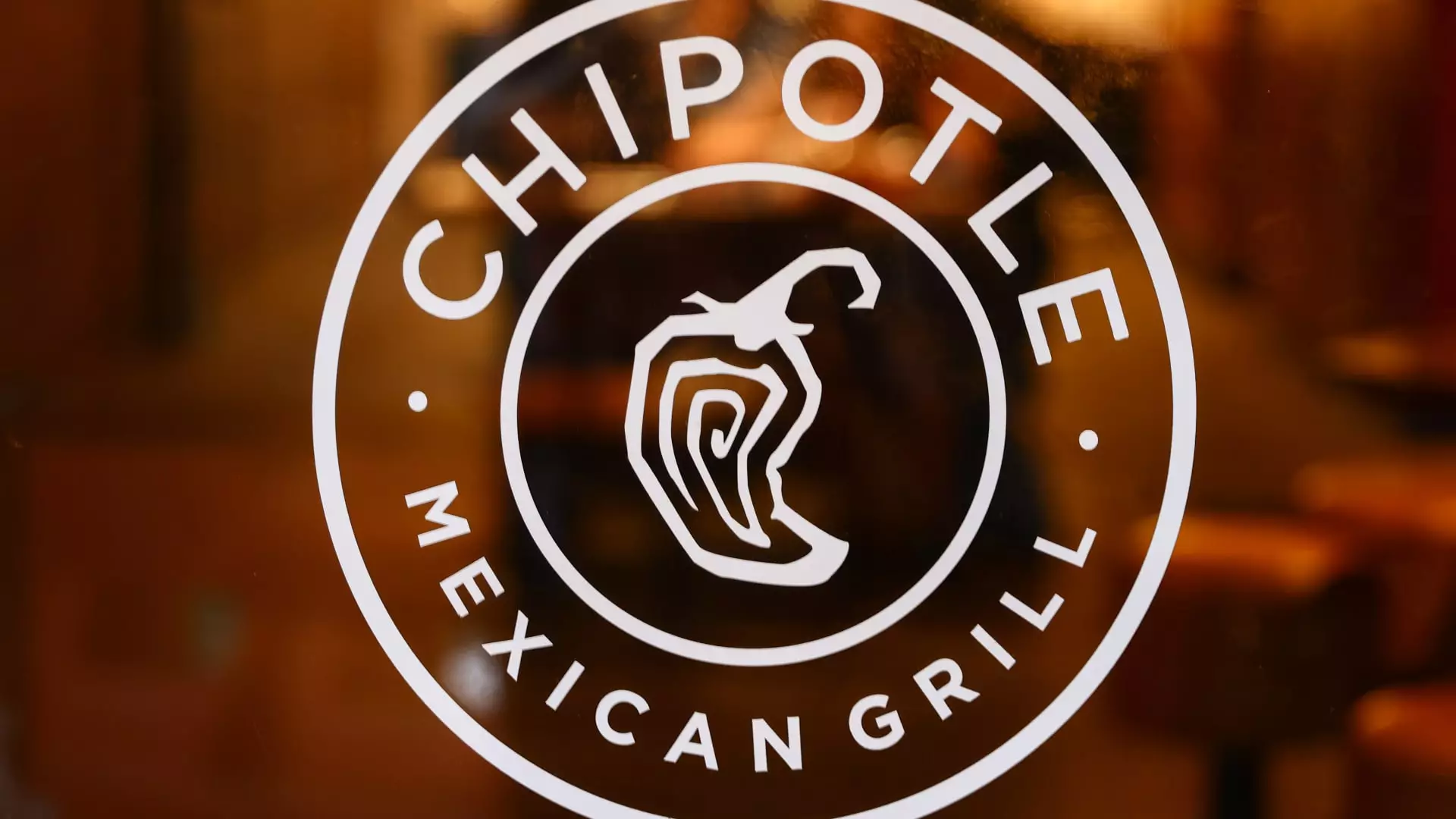Chipotle Mexican Grill is set to open its first site in Mexico, marking a significant development in its international expansion strategy. Scheduled for early next year, this venture feels audacious, especially given the current strain in U.S.-Mexico relations due to the trade policies enacted during Donald Trump’s presidency. While it may seem that Chipotle is confidently stepping onto familiar ground, the political climate brings inherent risks that could undermine its success in a market that’s already highly selective about culinary brands.
Understanding the Seafood on Your Plate
In its quest for expansion, Chipotle has aligned itself with Alsea, a company well-versed in operating internationally recognized brands. However, there’s a perceptible presumption that familiarity and an appreciation for fresh ingredients will drive success. This underestimation of consumer sentiment in Mexico could be detrimental. Unlike many American chains, Mexican consumers tend to have a strong cultural connection to traditional food, raising questions about whether Chipotle’s menu will resonate. The company’s image as a purveyor of “freshness” may not guarantee the same appeal in a locale where the bar is set by authentic, homemade offerings.
The Trade Bag of Avocados
Interestingly, while Chipotle’s expansion hinges on its dependency on avocados from Mexico—importing approximately 50%—the backdrop of fluctuating tariffs poses a looming threat. This dependence could drastically impact operational costs, potentially making the beloved guacamole a luxury item in the eyes of cost-conscious consumers in Mexico. Tariffs, while paused for now, are a reminder that stability is fleeting, and relying heavily on one region for essential ingredients can quickly become a liability.
Lessons from Past Failures
History tells a cautionary tale. Taco Bell’s failed attempts to penetrate the Mexican market should serve as a warning. Both efforts collapsed largely because the American interpretation of Mexican cuisine did not align with local expectations. Chipotle may find itself in a similar predicament unless it can adeptly localize its menu and marketing initiatives to match the diverse tastes within Mexico. The risk of alienating potential customers with a menu that feels overly Americanized is real, and a miscalculation here could cripple Chipotle’s ambitions in this vibrant culinary market.
A Lack of Niche Understanding
Despite evidence of Chipotle’s success in Canada and Europe, translating that success to Mexico involves understanding nuanced cultural elements and consumer preferences that go well beyond ingredient sourcing. Bouncing into a foreign market with a booming reliance on U.S.-centric perspectives not only risks missing the mark but suggests a significant lack of genuine engagement with the local culture. It’s essential to navigate this space with cultural sensitivity and an earnest approach to integration within food dialogues, rather than just a profit-driven push.
The Million-Dollar Question
Navigating this labyrinth of political, cultural, and economic factors leads to an essential inquiry: Can Chipotle genuinely connect with Mexican consumers? Ultimately, the initial restaurant may be just the tip of the iceberg, setting the stage for either catastrophic failure or an enlightening transformation of the brand. The stakes in Mexico are not just about food; they involve placing one’s identity in the food, culture, and economic stability of a nation. Whether Chipotle can gracefully handle these complexities remains to be seen.

